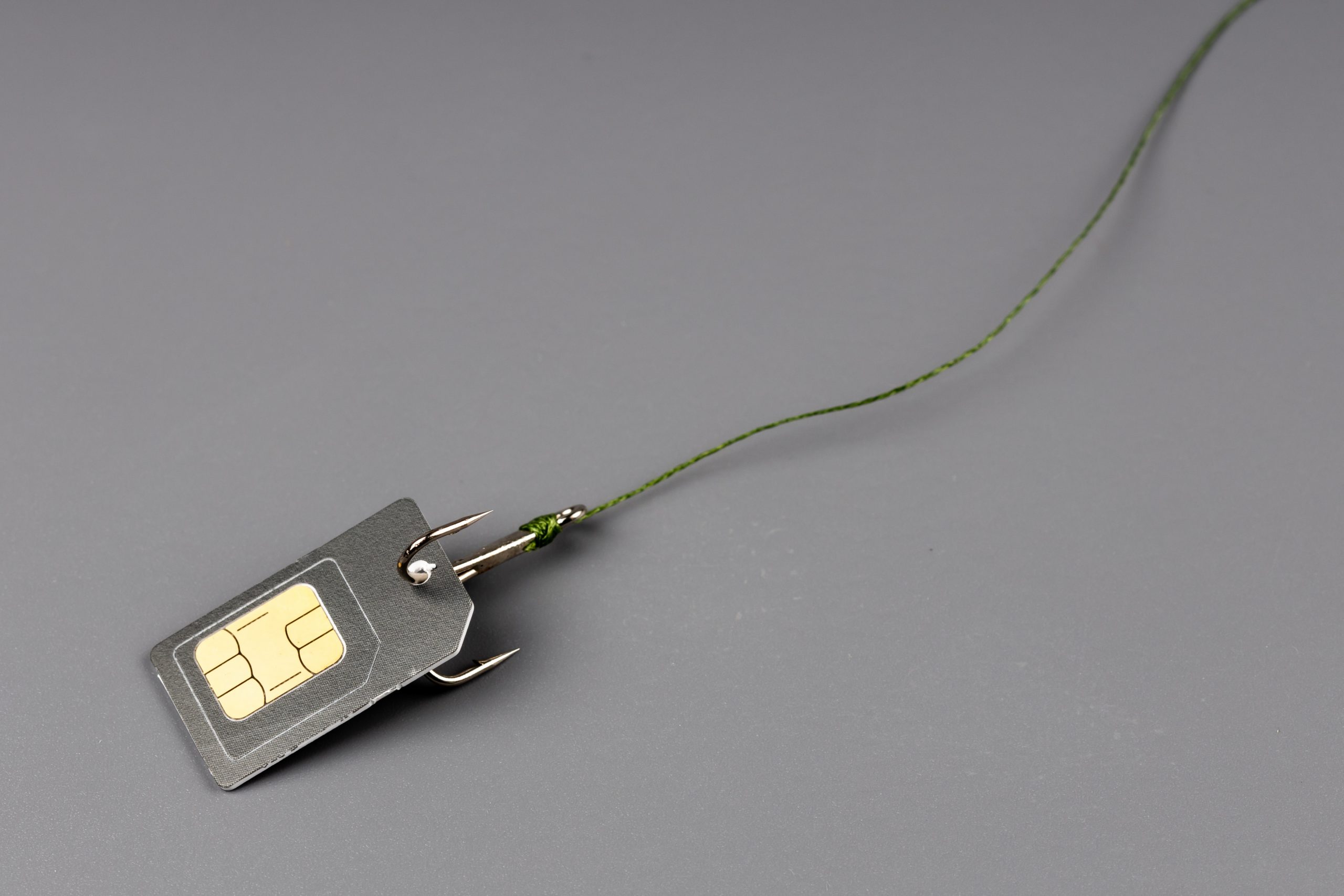Consumers of telecom companies in five Balkan countries and Moldova face challenges in making sure their rights to privacy are respected, new research by BIRN has concluded.
The challenges range from language barriers that disadvantage national minorities to a lack of transparency or clarity with regards company services and secrecy surrounding how and when telecoms providers share user data with public authorities.
Such shortcomings, the research warns, pose a significant risk to the privacy rights of consumers in the countries concerned – Albania, Bosnia and Herzegovina, Kosovo, North Macedonia, Serbia and Moldova.
Applying methodology developed by Ranking Digital Rights, an independent research programme at the Washington-based New America policy think-tank, BIRN analysed the practices of the two biggest telecom companies in each country: Albtelecom and Vodafone Albania in Albania; BH Telecom and Telekom Srpske in Bosnia and Herzegovina; Ipko and Vala in Kosovo; A1 and T-Mobile in North Macedonia; Moldcell and Orange Moldova in Moldova; and Telekom Srbija and Yettel in Serbia.
The research found that telecom companies in Bosnia and Herzegovina, Kosovo, Moldova, and North Macedonia face a common challenge: language barriers and the comprehensibility of important documents outlining the rights and responsibilities of both the telecom company and the customer.
“… in some cases, the language used in these documents can be complex and difficult for users to understand,” the research paper states.
In Bosnia and Herzegovina, the BH Telecom Terms of Services document is written in complex, legalistic language that may be hard for many users to understand.
Despite their role in connecting people, in many cases telecom companies in these countries are falling short when it comes to non-majority communities.
In Kosovo, Vala’s Terms of Services are available in Albanian but not in Serbian, despite both being official languages of the country. Any non-Albanian speaker will have great difficulty understanding their rights and responsibilities as a Vala user.
Similarly in Moldova, both Moldcell and Orange Moldova provide their Terms of Services only in Romanian, while in North Macedonia, both T-Mobile Macedonia and A1 have their Terms of Services documents available in Macedonian and English but T-Mobile – unlike A1 which does have an Albanian version – does not provide an Albanian-language version. Roughly 25 per cent of the country’s population is ethnic Albanian and Albanian is one of the country’s official languages.
“This omission is especially important since it might exacerbate ethnic and national tensions in countries where such tensions already exist,” BIRN notes in its research.
The companies’ responses can be found in the full report.
‘Under the radar’

According to BIRN’s findings, none of the telecom companies analysed provides users with clear information about content or account restrictions.
In Bosnia and Herzegovina, BH Telekom does not disclose any information about content or account restrictions; Telekom Srpske’s policy is vague, with the company pledging to notify users of temporary restrictions in an appropriate manner and in the shortest possible time. It provides no detail on how or when notification will be made or the reasons for the restrictions.
“In Serbia, Moldova, Albania and North Macedonia, telcos operate under the radar with little transparency regarding their content and account restrictions policies,” the report says.
“These companies provide no information on the circumstances under which content may be restricted or accounts closed and offer no clear remedies or recourse for affected users.”
In Kosovo, privately-owned Ipko does not disclose any information about content or account restrictions, while publicly-owned Vala says that it can restrict a user’s account without prior notification.
“This lack of transparency from telcos can be seen as a violation of users’ freedom of expression,” BIRN states. “It can also raise concerns about the adequacy and fairness of the restriction process, as customers may not be informed of the reasons behind the restriction or told how to challenge it.”
The findings also underscore the secrecy surrounding interactions between these telecoms companies and the state; the lack of transparency concerning the sharing of user information and data in the region is a cause of growing concern.
The report highlights a number of scandals and controversies involving telecoms providers in the region in recent years, including allegations of price manipulation by the three major firms in Albania, wiretapping accusations in Bosnia and Herzegovina, accusations of unfair competition in Kosovo, bribery and illegal wiretapping scandals in North Macedonia, violations of user privacy and wiretapping allegations in Moldova, and accusations of unfair competition and the illegal collection of user data during elections in Serbia.
“These incidents demonstrate the importance of vigilant oversight and strong regulatory frameworks to ensure that telecom companies operate transparently and ethically and protect consumers’ rights,” the research concludes.


















